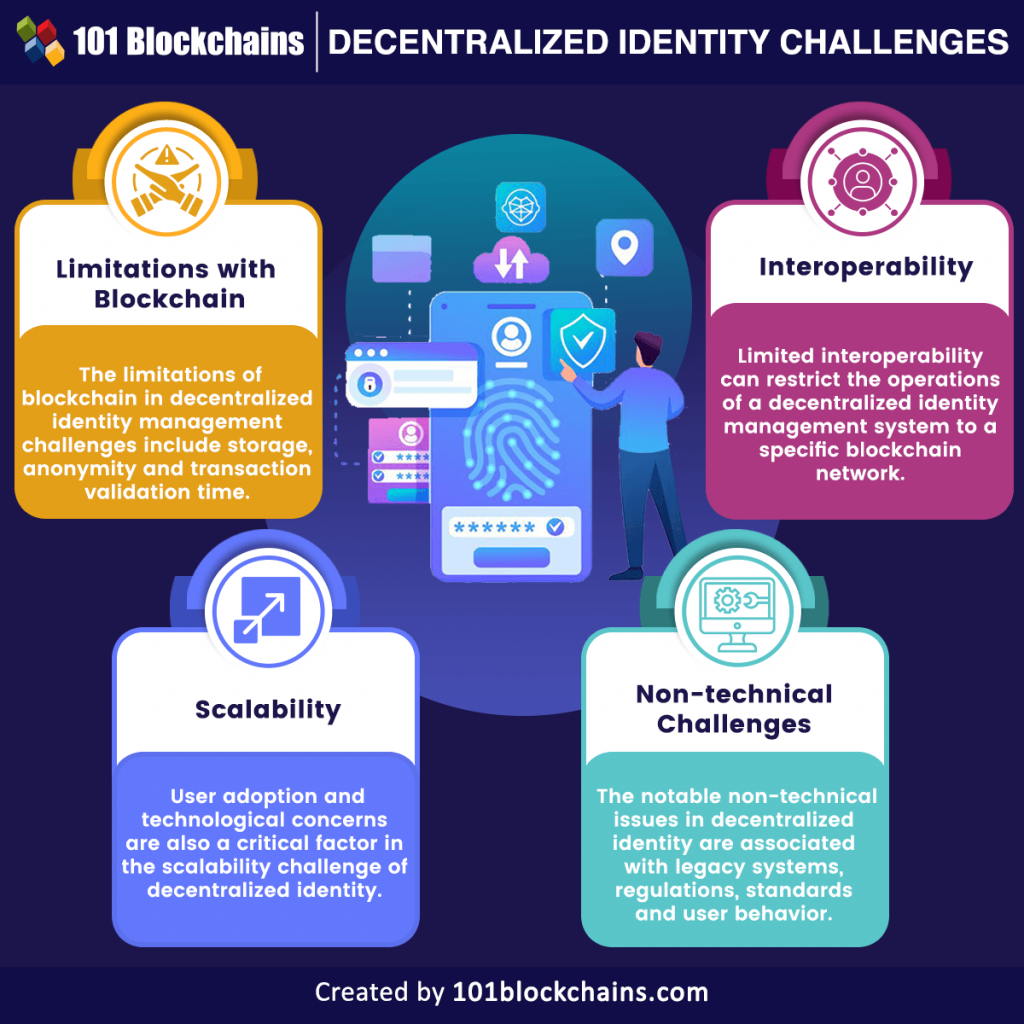Embracing The Future Of Digital Identity: A Guide To Decentralized Solutions For Enhanced Privacy
Embracing the Future of Digital Identity: A Guide to Decentralized Solutions for Enhanced Privacy

- Decentralization: The Blockchain Buzzword That’s Changing The Game
- Revolutionizing Healthcare Security: How Blockchain Is Saving Lives
- The Future Of Financial Protection: Decentralized Finance Insurance Takes Center Stage
- Diversifying Your Digital Wealth: A Comprehensive Guide To Building A Robust Crypto Portfolio
- Cryptocurrency Taxes In 2024: A Comprehensive Guide To Navigating The Complex World
As we hurtle towards a future where our digital lives become increasingly intertwined with our physical ones, the concept of digital identity takes center stage. Traditionally, digital identity has been controlled by governments and corporations, often at the expense of our personal data and privacy. However, with the rise of decentralized technologies, individuals can now take back control of their digital selves. In this article, we’ll delve into the world of decentralized digital identity solutions and explore the benefits they bring to our online lives.
The Problem with Traditional Digital Identity
Our digital identity is made up of various pieces of information, including our name, email address, social media profiles, and more. However, this data is often stored on centralized servers, making it vulnerable to hacking, data breaches, and unauthorized access. This can result in identity theft, phishing scams, and other forms of online harassment.
Moreover, traditional digital identity systems often rely on a "top-down" approach, where governments and corporations dictate how our data is collected, stored, and used. This can lead to a lack of transparency and accountability, making it difficult for individuals to control their own digital footprint.
Decentralized Digital Identity: A Better Approach
Decentralized digital identity solutions aim to revolutionize the way we manage our online presence. By utilizing blockchain technology and other decentralized systems, individuals can create self-sovereign identities that are secure, private, and user-controlled.
These solutions work by storing our digital identity information on a decentralized network, making it virtually impossible for hackers to access or manipulate our data. This not only protects our identity but also gives us the freedom to manage our online presence on our own terms.
Benefits of Decentralized Digital Identity
So, what benefits can we expect from decentralized digital identity solutions?
- Enhanced Security: Decentralized systems are designed to be secure by default, making it much harder for hackers to access our data.
- Increased Privacy: With decentralized digital identity, individuals have complete control over their data, allowing them to choose what information to share and with whom.
- Improved Accountability: Decentralized systems provide a transparent and tamper-proof record of all transactions, making it easier to track data usage and prevent unauthorized access.
- User-Centric: Decentralized digital identity puts the power in the hands of individuals, allowing us to manage our online presence in a way that suits our needs.
Real-World Applications
Decentralized digital identity solutions are not just theoretical concepts; they’re already being applied in various industries, including:
- Healthcare: Decentralized digital identity can securely store medical records, allowing patients to control who accesses their data.
- Finance: Decentralized identity verification can streamline payment processes and reduce the risk of identity theft.
- Social Media: Decentralized social networks can provide users with greater control over their online presence and reduce the spread of misinformation.
The Future of Digital Identity
As decentralized technologies continue to evolve, we can expect to see a significant shift in the way we manage our digital identity. With decentralized solutions, individuals will have the power to create, manage, and control their online presence in a secure and private manner.
This doesn’t mean that traditional digital identity systems will disappear overnight. However, as decentralized solutions gain traction, we can expect to see a more balanced approach to digital identity, one that prioritizes user control, security, and transparency.
The future of digital identity is decentralized, and it’s an exciting prospect. By embracing decentralized solutions, we can take back control of our online presence and create a more secure, private, and user-centric digital world. While there are still many challenges to overcome, the benefits of decentralized digital identity are undeniable. As we move forward, it’s essential to prioritize education and awareness, ensuring that everyone has access to these innovative solutions.
